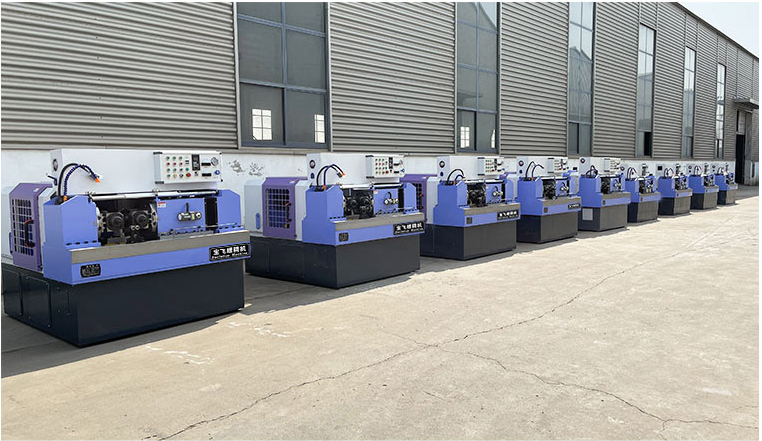
-
 Afrikaans
Afrikaans -
 Albanian
Albanian -
 Amharic
Amharic -
 Arabic
Arabic -
 Armenian
Armenian -
 Azerbaijani
Azerbaijani -
 Basque
Basque -
 Belarusian
Belarusian -
 Bengali
Bengali -
 Bosnian
Bosnian -
 Bulgarian
Bulgarian -
 Catalan
Catalan -
 Cebuano
Cebuano -
 Corsican
Corsican -
 Croatian
Croatian -
 Czech
Czech -
 Danish
Danish -
 Dutch
Dutch -
 English
English -
 Esperanto
Esperanto -
 Estonian
Estonian -
 Finnish
Finnish -
 French
French -
 Frisian
Frisian -
 Galician
Galician -
 Georgian
Georgian -
 German
German -
 Greek
Greek -
 Gujarati
Gujarati -
 Haitian Creole
Haitian Creole -
 hausa
hausa -
 hawaiian
hawaiian -
 Hebrew
Hebrew -
 Hindi
Hindi -
 Miao
Miao -
 Hungarian
Hungarian -
 Icelandic
Icelandic -
 igbo
igbo -
 Indonesian
Indonesian -
 irish
irish -
 Italian
Italian -
 Japanese
Japanese -
 Javanese
Javanese -
 Kannada
Kannada -
 kazakh
kazakh -
 Khmer
Khmer -
 Rwandese
Rwandese -
 Korean
Korean -
 Kurdish
Kurdish -
 Kyrgyz
Kyrgyz -
 Lao
Lao -
 Latin
Latin -
 Latvian
Latvian -
 Lithuanian
Lithuanian -
 Luxembourgish
Luxembourgish -
 Macedonian
Macedonian -
 Malgashi
Malgashi -
 Malay
Malay -
 Malayalam
Malayalam -
 Maltese
Maltese -
 Maori
Maori -
 Marathi
Marathi -
 Mongolian
Mongolian -
 Myanmar
Myanmar -
 Nepali
Nepali -
 Norwegian
Norwegian -
 Norwegian
Norwegian -
 Occitan
Occitan -
 Pashto
Pashto -
 Persian
Persian -
 Polish
Polish -
 Portuguese
Portuguese -
 Punjabi
Punjabi -
 Romanian
Romanian -
 Russian
Russian -
 Samoan
Samoan -
 Scottish Gaelic
Scottish Gaelic -
 Serbian
Serbian -
 Sesotho
Sesotho -
 Shona
Shona -
 Sindhi
Sindhi -
 Sinhala
Sinhala -
 Slovak
Slovak -
 Slovenian
Slovenian -
 Somali
Somali -
 Spanish
Spanish -
 Sundanese
Sundanese -
 Swahili
Swahili -
 Swedish
Swedish -
 Tagalog
Tagalog -
 Tajik
Tajik -
 Tamil
Tamil -
 Tatar
Tatar -
 Telugu
Telugu -
 Thai
Thai -
 Turkish
Turkish -
 Turkmen
Turkmen -
 Ukrainian
Ukrainian -
 Urdu
Urdu -
 Uighur
Uighur -
 Uzbek
Uzbek -
 Vietnamese
Vietnamese -
 Welsh
Welsh -
 Bantu
Bantu -
 Yiddish
Yiddish -
 Yoruba
Yoruba -
 Zulu
Zulu
Understanding Various CE Certification Types for Different Models of Thread Rolling Machines
Understanding CE Certification Types of Thread Rolling Machines
Thread rolling machines are essential tools used in manufacturing to create threads on metal components with high precision and efficiency. As the global market becomes increasingly interconnected, the importance of adhering to safety and quality standards is paramount. One key certification that many manufacturers seek is the CE marking, which indicates compliance with European health, safety, and environmental protection standards.
What is CE Certification?
CE marking is a certification that signifies a product meets all the relevant European Union (EU) regulations and directives. It is mandatory for certain product categories, ensuring that they can be sold within the European Economic Area (EEA). For thread rolling machines, obtaining CE certification means that the equipment is safe to use, meets environmental protection standards, and complies with manufacturing directives.
Types of Thread Rolling Machines
Thread rolling machines can be categorized based on the rolling method, size, and complexity of the parts being processed. The primary types include
1. Flat Die Thread Rolling Machines These machines use flat dies that press against the workpiece to form threads. They are commonly used for producing external threads and are appreciated for their simplicity and efficiency. CE certification ensures that these machines are designed to operate safely under specified conditions.
2. Tangential Thread Rolling Machines These are used for more complex applications where the workpiece is held tangentially against the rolling dies. They provide greater precision and are often preferred for producing high-quality threads. CE certification for these machines involves rigorous testing of the mechanical and electrical systems to ensure they adhere to EU safety standards.
ce certification types of thread rolling machine

3. CNC Thread Rolling Machines The advent of computer numerical control (CNC) technology has revolutionized thread rolling, allowing for automated, high-speed production of threads. CNC machines can produce intricate designs and reduce human error. CE certification for CNC machines often includes aspects related to software safety, electrical standards, and overall machine functionality.
Importance of CE Certification
1. Market Access CE certification is crucial for manufacturers who wish to enter the European market. Without this certification, thread rolling machines cannot be sold within the EU, limiting business opportunities.
2. Safety Assurance The CE marking assures customers that the machines have undergone extensive testing and adhere to strict safety standards, reducing the risk of accidents in the workplace.
3. Quality Assurance Manufacturers with CE certification are often perceived as more trustworthy and credible. It reflects the commitment to quality and compliance with international standards.
4. Legal Compliance CE marking is not just beneficial for gaining market access; it is also a legal requirement. Non-compliance can result in hefty fines, recalls, and damage to the manufacturer’s reputation.
Conclusion
In conclusion, CE certification is vital for thread rolling machines to ensure compliance with European standards. As manufacturers strive to provide high-quality, safe, and efficient machinery, understanding the various types of thread rolling machines and their certification processes becomes essential. By investing in machines that hold CE certification, manufacturers can not only ensure the safety of their products but also gain a competitive edge in the global market. The commitment to quality and safety will ultimately lead to greater customer satisfaction and business success.
